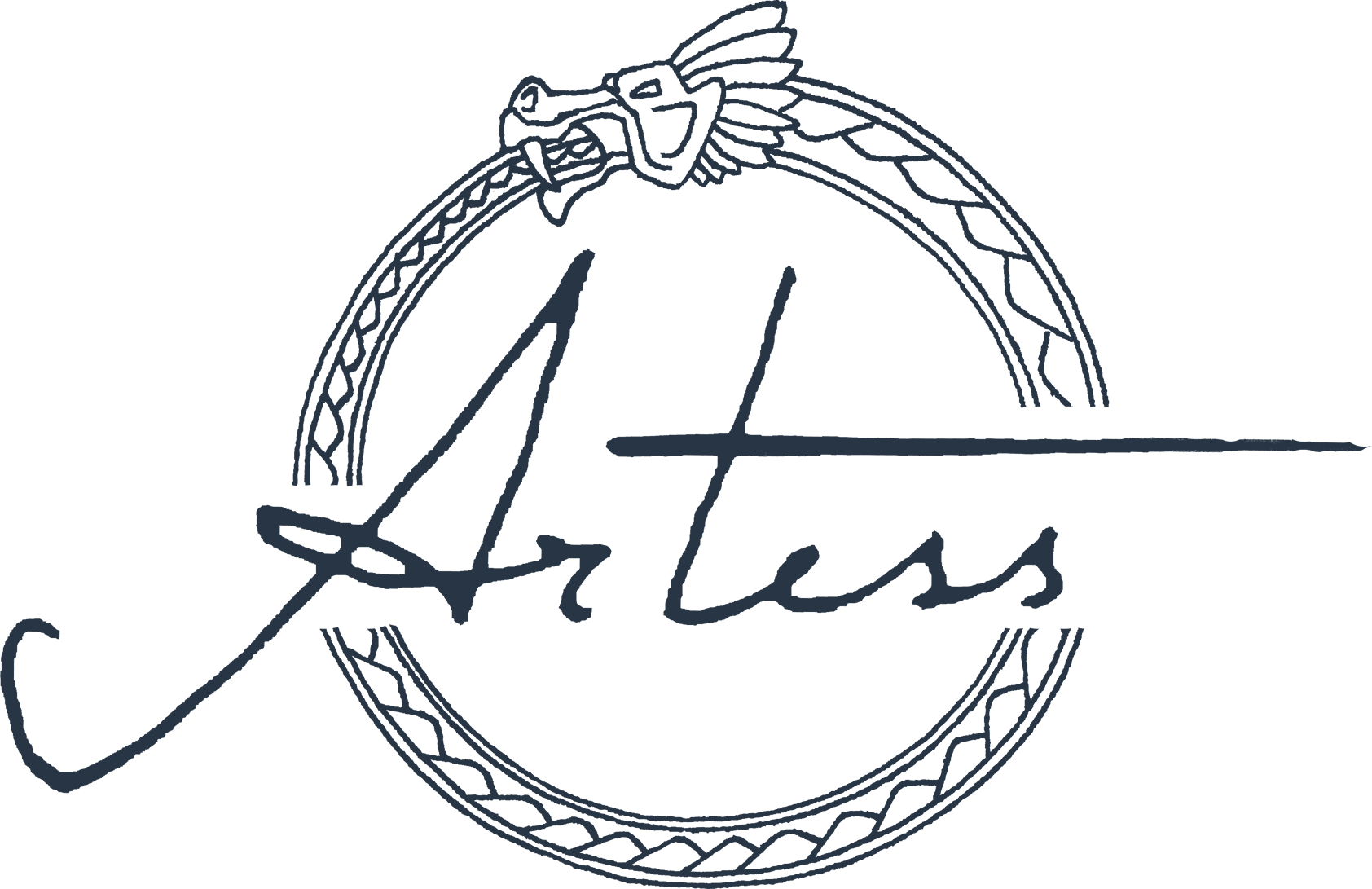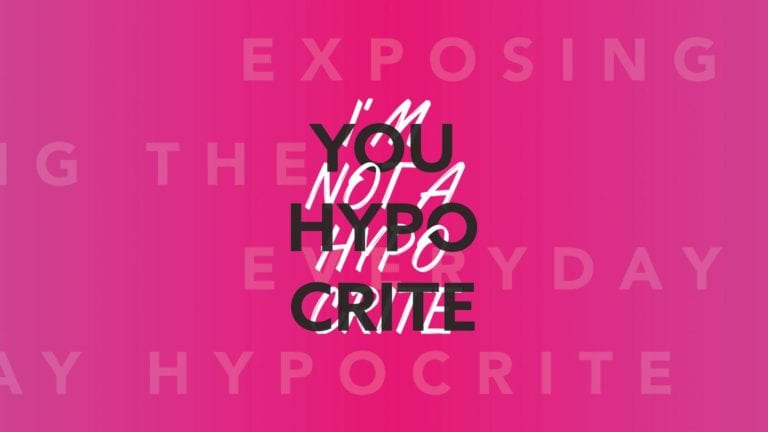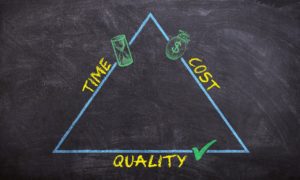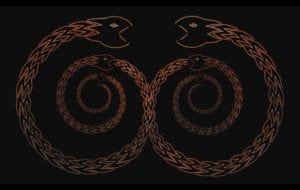Most artists are familiar with receiving little to no payment for their services. And while there are, of course, several complicated reasons for this, what happens when you are deprived of reasonable payment from people who claim they want to help artists?
Don't quit your dayjob
The expression "poor artist" is wearing thin in the art world. Wages are often replaced by exposure and other free goods that can't even cover bread crumbs for the city pigeons. When an innocent person appears who publicly puts out an assignment where someone can potentially earn a penny, there will be a "loud" atmosphere.
The problem arises when the penny consists of undefined exposure and the nice addition: "do not expect to quit your day job". It's even worse when this comes from people who are involved with one of Norway's largest art magazines, who claim to want to build a bridge between art and the public eye.
The ingenious assignment appeared in an art group on Facebook, which was quickly deleted (the photo has been deleted for privacy reasons):

A vulnerable inexperienced artist might have seen this as an exposure opportunity, but the problem is that it's not defined. Where are you exposed? What is the "reward for your effort"? And why is it necessary to say one does not get rich from it?
After all, there is a big difference between "normal payment" and wealth. And most artists expect nothing more than to get reasonable payment for their work.
Exposure is not payment
It is extra problematic to have this condescending tone when working with professional art. The biggest problem is that exposure is not a good payment method. Too many people use this as an alternative when they don't want to pay for services, and one is never guaranteed to reap the benefits of the exposure. It's like receiving a lottery ticket when you really needed a bag of groceries.
The public sector has long been criticized for contributing to the market bias, where at one point they pay outrageous funds for ludicrous performing arts, but only offer exposure to others. And there is something exceptionally snobbish about this behaviour when it comes from people internally in the art environment.
The same environment that claims to help artists out into the world is now the same environment that is pinching the wallet. The irony is that they become skilled at destroying their own market they claim to be a part of.
What is cheap?
My first question was: Is this an over-analysis of a hasty post?
It may be that the client just wanted to fish for a potential candidate, or wrote a little fast without thinking about it. But under no circumstances did the person try to elaborate on the details in the comments field (again, names and other information where identity can be revealed are censored for privacy reasons):

It is obvious that the client intended to pay for this, but since it was met with such a short response and a subsequent deletion of the post, it is easy to imagine that the person may not have imagined large amounts, nor that it should be met with dissatisfaction. It is never explained what "cheap" is or "payment for your effort", which was the most important thing for the artists.
"exploisure"
I wanted a more objective view on the matter, and therefore asked an international art group on Facebook with over 190,000 members what they thought about exposure as payment. Needless to say, the comment field boiled down to angry artists who had definitely grown tired of exposure, or "exploitation" as they so fondly called it.
Exposure as a payment method is so widespread that it has got its own insult, t-shirts, videos, comics and memes. Artists want to make a living from their profession like everyone else, and it doesn't work without money.
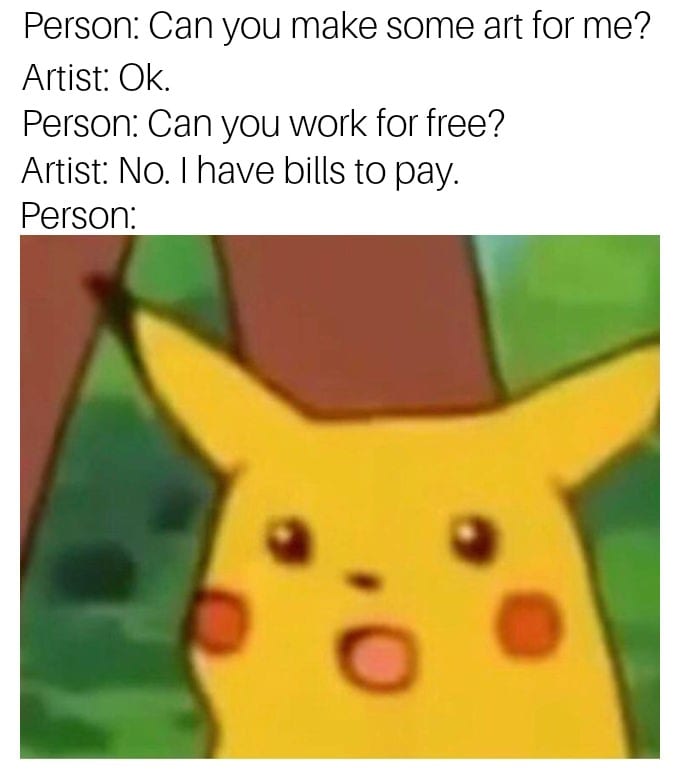
Conclusion
If you represent the art world in any way, it is important that you stand out as a good role model.
Poorly planned exposure and poor wages for work destroys the market over time, creating a flaky expectation between buyer and seller.
In this case, the client should probably have been more accommodating and explained better what one can actually expect. This reflects poorly on the magazine the client represents, which may also be the reason why the post was deleted so quickly.
The most important thing still remains: No more "exploisure"!
